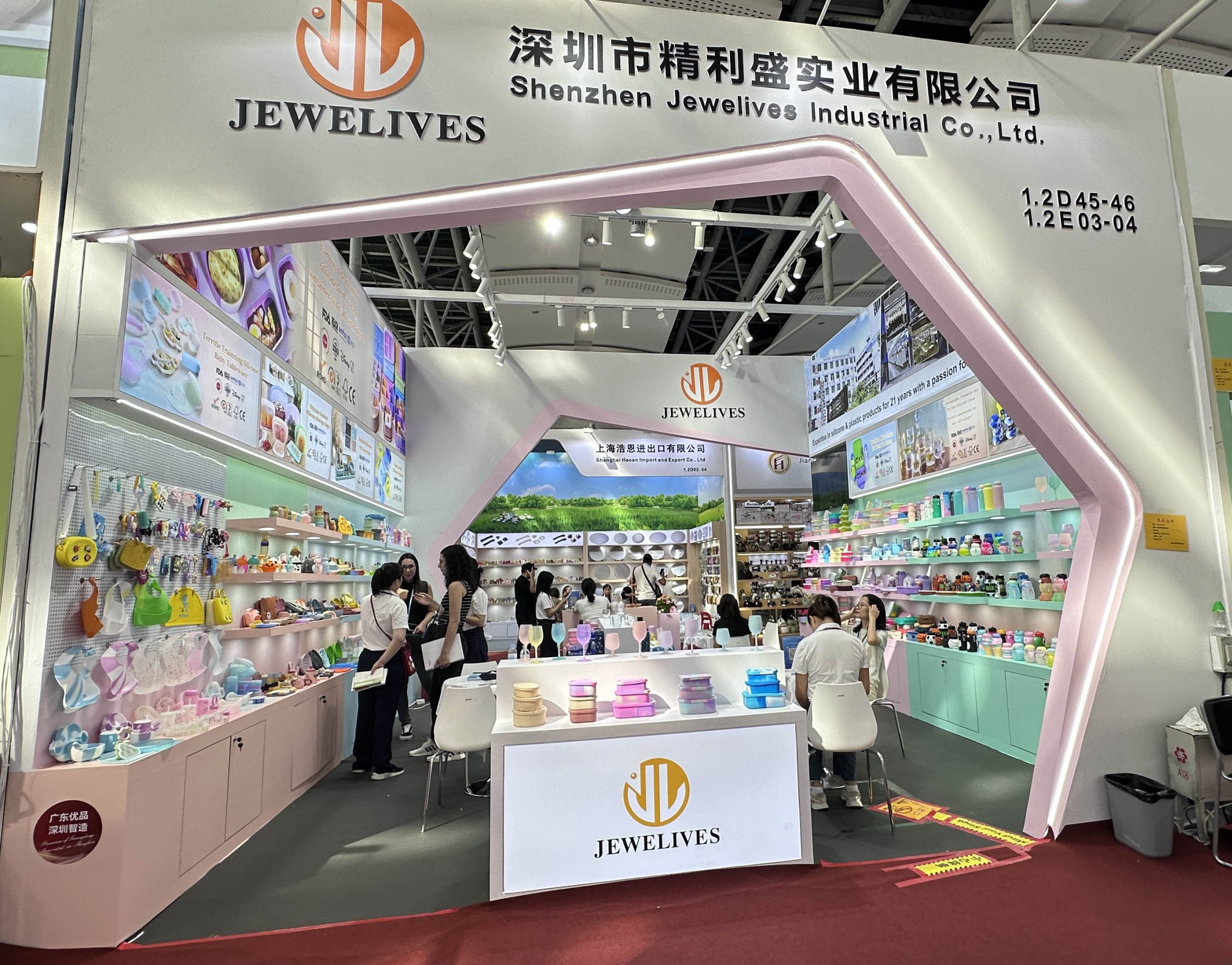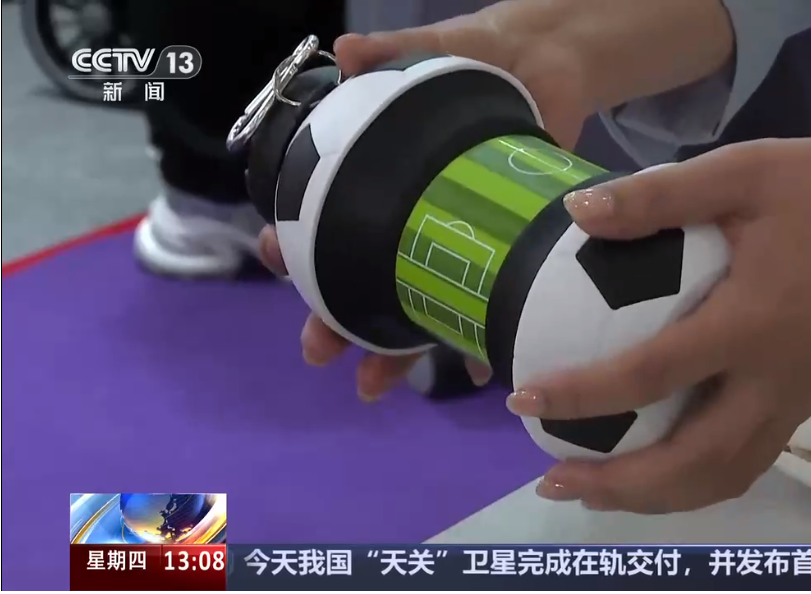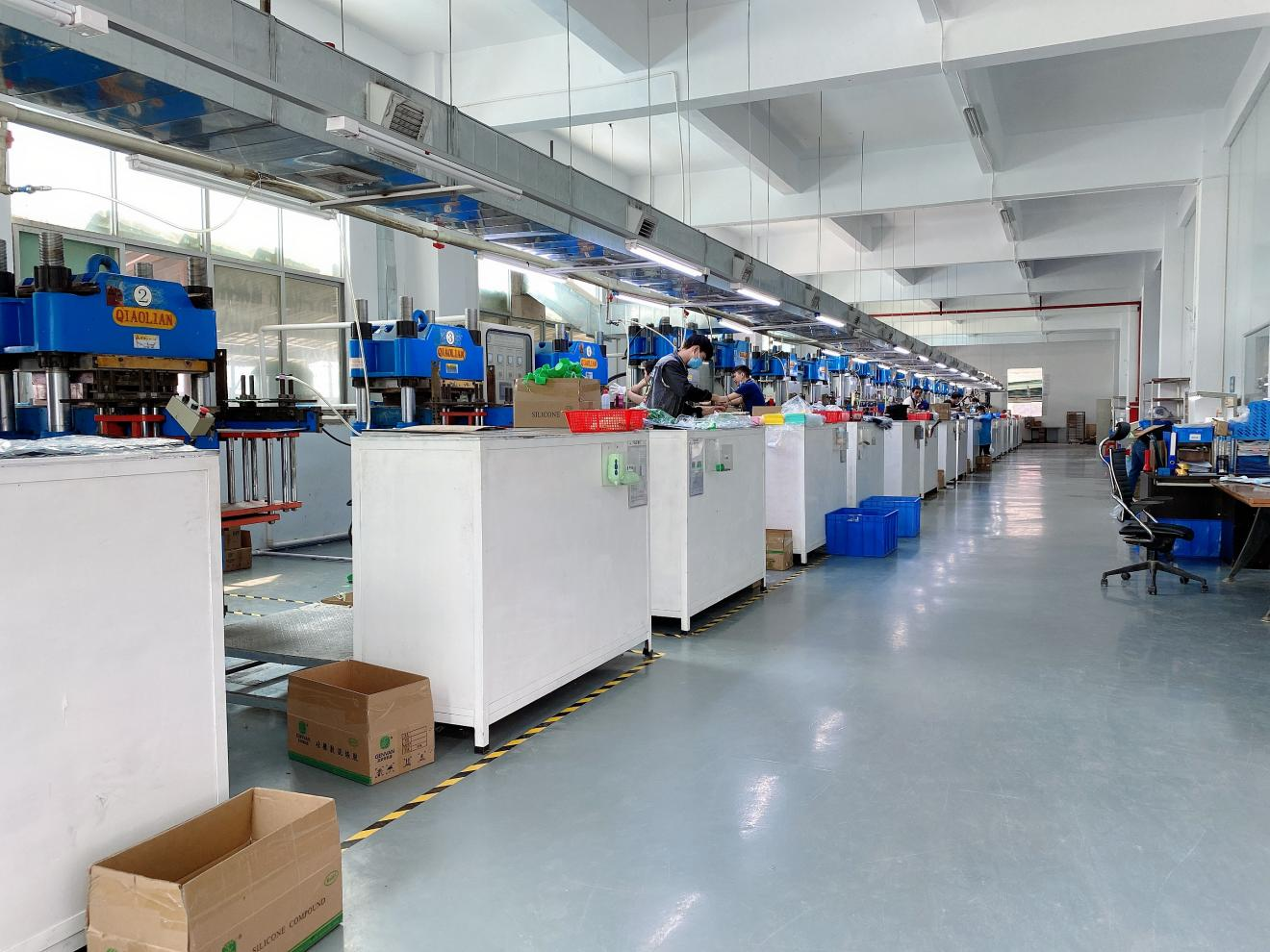广州,2024 年 10 月 31 日至 11 月 4 日--广州,2024 年 10 月 31 日至 11 月 4 日。 珠宝生活领先的家用硅胶产品制造商 JEWELIVES 最近在第 136 届中国进出口商品交易会(广交会)第三期上展出了其最新系列的创新硅胶产品。本届广交会以 "服务高质量发展,促进高水平开放 "为主题,吸引了来自全球各地的参展商和采购商,JEWELIVES 凭借其创新产品脱颖而出。


活动期间,JEWELIVES 展示了多款新产品,包括 硅胶水瓶硅胶餐具、硅胶饭盒、硅胶婴儿玩具和硅胶餐具。这些产品不仅设计独特,而且体现了 JEWELIVES 对创新和质量的不懈追求。特别是公司自行设计的足球造型硅胶水瓶,以其独特的外观和实用性赢得了广泛关注。
![]()
![]()
素有中国外贸 "晴雨表 "和 "风向标 "之称的广交会热闹非凡,展示了中国雄厚的制造业基础,以及正在加速推进的绿色转型和数字化转型。JEWELIVES 的参展不仅展示了其产品的技术含量和品牌价值,也体现了中国出口产品在全球市场上的竞争力。
![]()
![]()
JEWELIVES 此次参展的一大亮点是接受了中央电视台的专访,重点介绍了其足球造型硅胶水瓶。这次采访进一步提升了公司的品牌形象,并展示了 JEWELIVES 在硅胶产品领域的专业技术和创新能力。
JEWELIVES 展出的所有产品均通过 FDA、LFGB、REACH 和 BPA FREE 认证,符合美国/欧盟标准,致力于为全球婴幼儿创造健康快乐的成长环境。公司拥有 21 年的 OEM 和 ODM 经验,提供从产品设计到最终生产的全方位服务,致力于生产创新、安全、高品质的硅胶家居用品。


随着第 136 届广交会第三期的圆满落幕,JEWELIVES 期待通过这一平台与全球客户建立更深层次的合作关系,并将继续推动有机硅产品的创新与发展。




